Wednesday, June 30, 2010
SUSAN HAYWARD & LENA HORNE born on this day...
I was unique in that I was a kind of black that white people could accept. I was their daydream. I had the worst kind of acceptance because it was never for how great I was or what I contributed. It was because of the way I looked.
[quoted in Brian Lanker's book "I Dream A World: Portraits of Black Women Who Changed America", New York: Stewart, Tabori & Chang, 1986)] My own people didn't see me as a performer because they were busy trying to make a living and feed themselves. Until I got to café society in the '40s, I didn't even have a black audience and then it was mixed. I was always battling the system to try to get to be with my people. Finally, I wouldn't work for places that kept us out . . . it was a damn fight everywhere I was, every place I worked, in New York, in Hollywood, all over the world.
You have to be taught to be second class; you're not born that way.
It's not the load that breaks you down, it's the way you carry it.
Always be smarter than the people who hire you.
A little nepotism never hurt nobody, honey. If you got it, use it. Press on with it. Remind them of it.
In my early days I was a sepia Hedy Lamarr. Now I'm black and a woman, singing my own way.
On love: Don't be afraid to feel as angry or as loving as you can.
My identity is very clear to me now, I am a black woman, I'm not alone, I'm free. I say I'm free because I no longer have to be a credit, I don't have to be a symbol to anybody; I don't have to be a first to anybody. I don't have to be an imitation of a white woman that Hollywood sort of hoped I'd become. I'm me, and I'm like nobody else.
Susan Hayward in "I Want To Live" Best Actress Oscar Winner 1958.
Trivia
Was diagnosed with brain cancer, allegedly the result of being exposed to dangerous radioactive toxins on location in Utah while making The Conqueror (1956). All the leads John Wayne, Agnes Moorehead, John Hoyt, Hayward and the director Dick Powell died of cancer. The case is still a scandal.
Interred at Our Lady of Perpetual Help Catholic Church, Carrollton, Georgia, USA.
She portrayed an alcoholic in three films, Smash-Up: The Story of a Woman (1947), My Foolish Heart (1949) and I'll Cry Tomorrow (1955)) and was nominated for an Oscar for each performance.
Her footprints at Grauman's Chinese Theatre are the only ones set in gold dust.
Her first marriage to actor Jess Barker was a stormy one and ended with a bitter custody battle of her twin sons and a suicide attempt by Susan. Her second to rancher Eaton Chalkley was a long and happy one until he died suddenly of hepatitis nine years later. She left Hollywood for five years in deep mourning, returning in 1971.
Took over the ballsy role of stage star Helen Lawson in Valley of the Dolls (1967) in 1967 after Judy Garland was fired.
Was one of many starlets in 1939 who auditioned for the part of Scarlett O'Hara in Gone with the Wind (1939).
Measurements: 36 1/2-26-35 1/2 (as noted in "Hollywood Studio Magazine), (Source: Celebrity Sleuth magazine)
Replaced an ailing Barbara Stanwyck in Heat of Anger (1972) (TV), which was to have been a pilot for a TV series to be called "Fitzgerald and Pride."
In Italy, almost all of her films were dubbed by either Lidia Simoneschi or Rosetta Calavetta. She was occasionally dubbed by Dhia Cristiani.
Reportedly did not get on at all with Bette Davis during the filming of Where Love Has Gone (1964).
Was the original choice to play Margo Channing in All About Eve (1950), but was dropped from the project after being considered too young. The part was then given to Claudette Colbert before being given to Bette Davis, who went on to receive a Best Actress Oscar nomination for her performance.
Was born on the same day, and same place (Brooklyn N.Y) as singer Lena Horne .
Personal Quotes
"I learned at a very early age that life is a battle. My family was poor, my neighborhood was poor. The only way that I could get away from the awfulness of life, at that time, was at the movies. There I decided that my big aim was to make money. And it was there that I became a very determined woman."
"I never thought of myself as a movie star. I'm just a working girl. A working girl who worked her way to the top -- and never fell off."
"My life is fair game for anybody. I spent an unhappy penniless childhood in Brooklyn. I had to slug my way up in a town called Hollywood where people love to trample you to death. I don't relax because I don't know how. I don't want to know how. Life is too short to relax."
"When you're dead, you're dead. No one is going to remember me when I'm dead. Oh maybe a few friends will remember me affectionately. Being remembered isn't the most important thing anyhow. It's what you do when you are here that's important."
You aim at all the things you have been told that stardom means -- the rich life, the applause, the parties cluttered with celebrities. Then you find that you have it all. And it is nothing, really nothing. It is like a drug that lasts just a few hours, a sleeping pill. When it wears off, you have to live without its help.
Subscribe to:
Post Comments (Atom)




































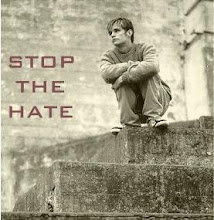




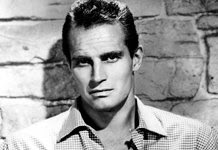

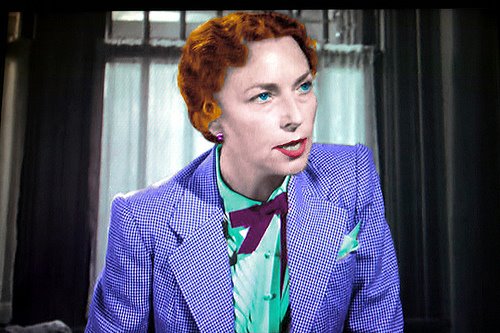



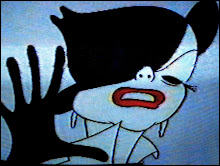.jpg)

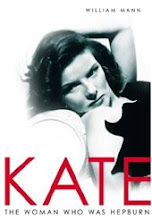


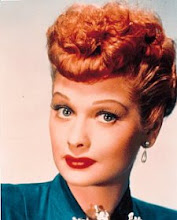






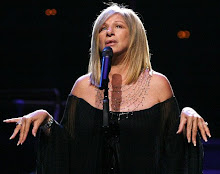

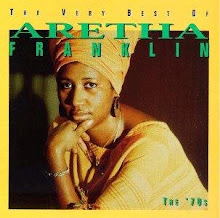
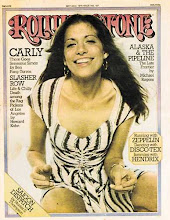



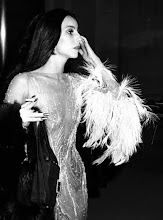




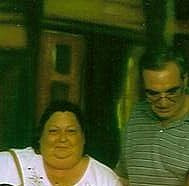
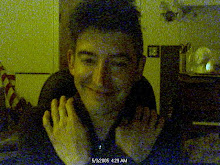





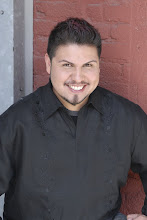



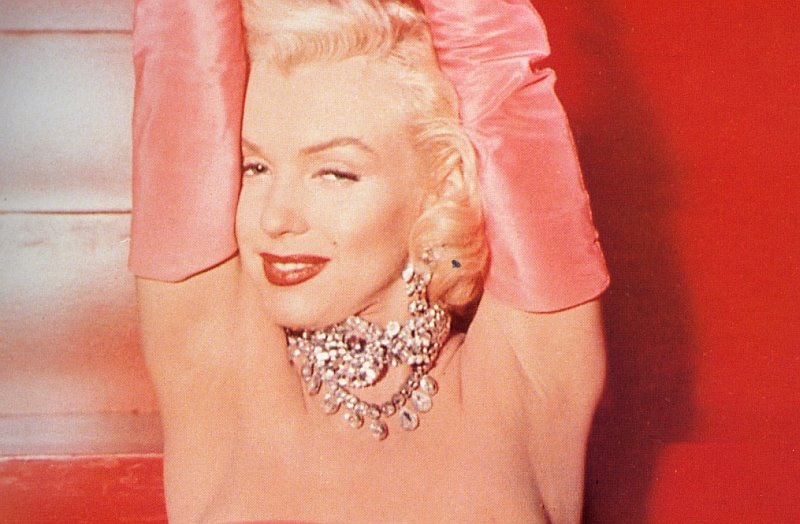







No comments:
Post a Comment